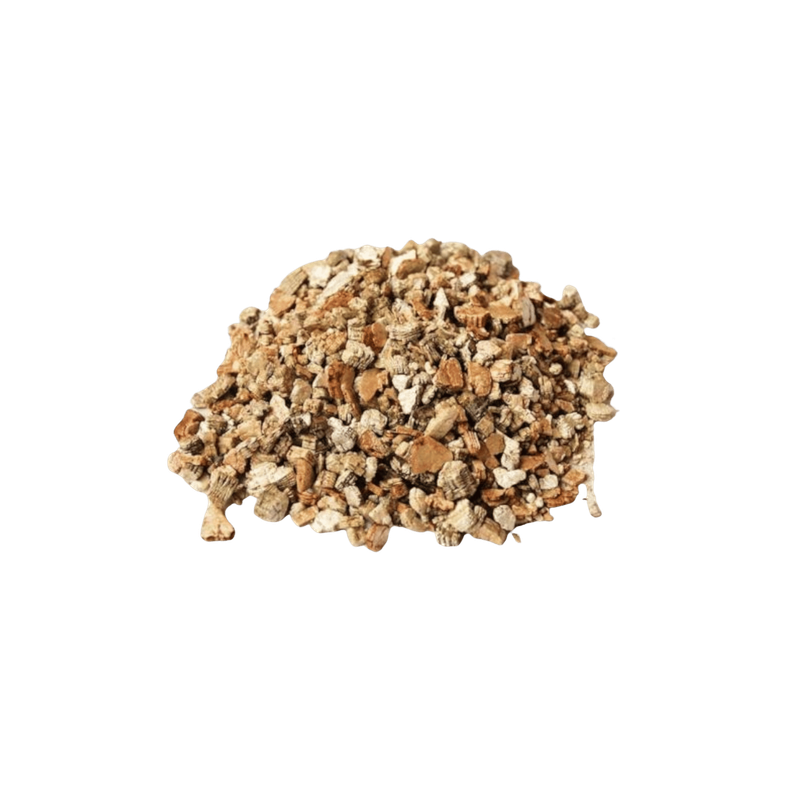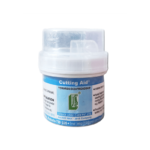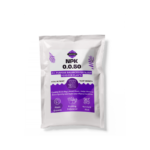Vermiculite: A Comprehensive Guide for Gardeners and Growers
In the world of gardening, soil health is the foundation of every thriving plant. One of the most effective and widely recommended soil amendments today is vermiculite—a lightweight, mineral-based medium known for its superior water retention and aeration capabilities. Whether you’re cultivating a lush vegetable garden, maintaining potted houseplants, or managing large-scale crops, vermiculite for plants can significantly improve soil structure and plant vitality.
This naturally occurring mineral vermiculite is especially popular among organic gardeners, with many turning to organic vermiculite and vermiculite soil mixes to ensure sustainable and chemical-free growth. When combined with other media like perlite, peat moss, or even used alongside vermiculture fertilizer, vermiculite creates an ideal growing environment. Commonly used blends such as perlite vermiculite, peat moss perlite vermiculite, and garden perlite vermiculite offer customizable solutions for different plant needs and soil conditions.
From small container setups to expansive plots, agricultural vermiculite proves to be a versatile choice, especially when paired with vermiculture fertilizer for garden plants. In this comprehensive guide, we’ll explore the many uses of vermiculite, compare it to other soil amendments, and show you how to use it effectively to boost plant growth in any setting.
What is Vermiculite?
Vermiculite is a natural hydrous mineral that expands when heated, forming lightweight, absorbent granules. This mineral vermiculite is widely valued in gardening for its excellent moisture retention and soil aeration.
Commonly used in vermiculite soil mixes, it prevents compaction and supports strong root growth. Gardeners often choose organic vermiculite for its chemical-free, sustainable benefits. Blends like garden perlite vermiculite and combinations with vermiculture fertilizer for garden plants create nutrient-rich, well-balanced soil.
Ideal for vegetables, herbs, and flowers, vermiculite for plants improves drainage, boosts nutrient availability, and enhances overall garden health.
Benefits of Vermiculite for Plants
Water Retention and Aeration
One of the top reasons gardeners love vermiculite for plants is its exceptional moisture retention. It absorbs water up to three to four times its volume and slowly releases it as needed, reducing the frequency of watering.
Soil Conditioning
Vermiculite loosens heavy clay soils and improves sandy soils, making it versatile for all soil types. When mixed with peat moss or compost, it creates an ideal growing medium that enhances root growth.
Nutrient Holding
Besides moisture, vermiculite holds onto essential nutrients like potassium, calcium, and magnesium. This makes it a great partner in potting mixes and seed-starting blends.
Organic and Safe
Organic vermiculite is sterile, non-toxic, and pH neutral. It does not decay or break down, ensuring long-lasting performance in your garden without harming your plants or the environment.
Vermiculite vs Perlite: What’s the Difference?
Key Differences
While often confused with perlite, vermiculite and perlite serve slightly different roles:
| Feature | Vermiculite | Perlite |
| Water Retention | High | Moderate |
| Aeration | Moderate | High |
| Texture | Soft and spongy | Hard and brittle |
| Best for | Seed starting, water-loving plants | Cacti, succulents, aeration needs |








